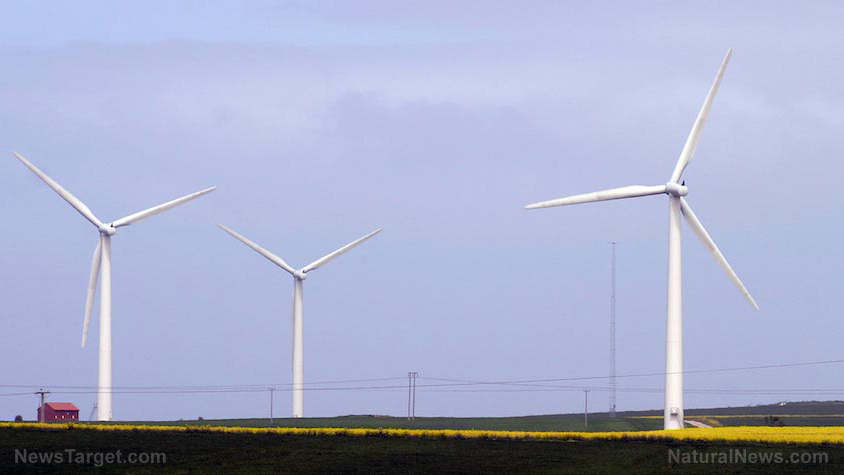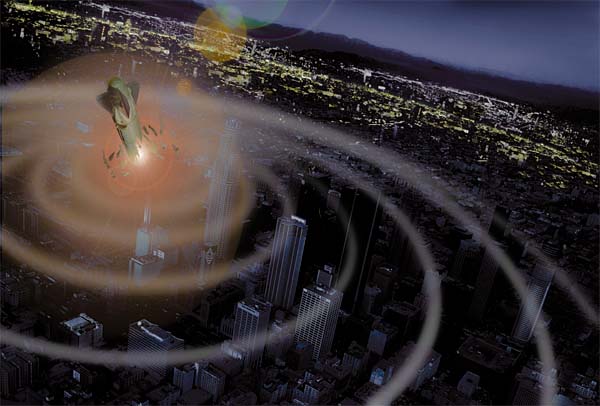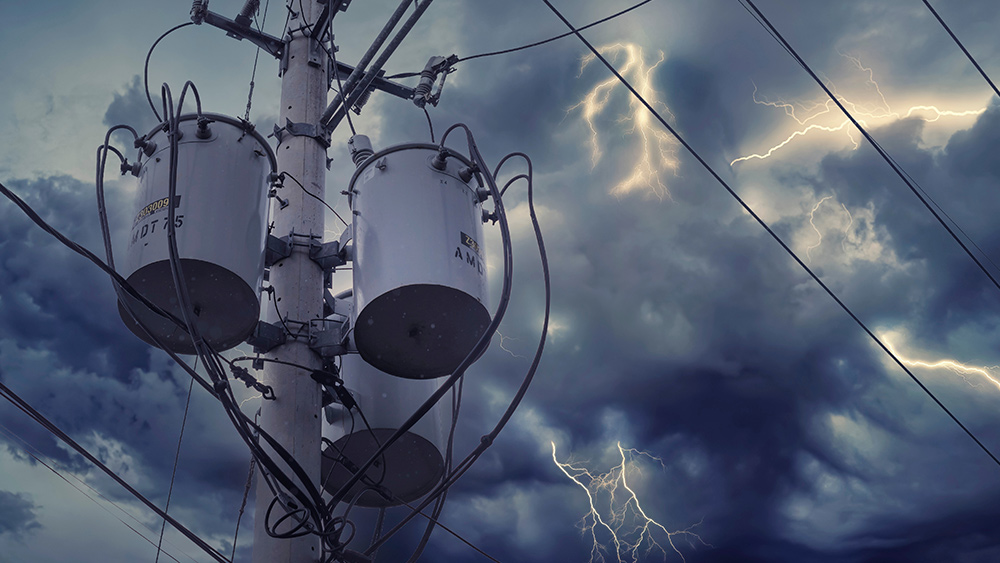Illinois bills seek to require EV charging stations in new and renovated homes
02/16/2023 / By Belle Carter

Two proposed legislation in Illinois seek to require new and renovated homes to have electric vehicle (EV) charging stations, a change that could make new houses more costly.
House Bill 2206 states that the Capital Development Board shall adopt rules requiring each newly constructed residential building in the state that includes a garage “to have enough electric generating capacity in the garage to charge an electric vehicle.”
Senate Bill 0040, on the other hand, requires new single-family residences or small multifamily residences to have at least one electric vehicle capable parking space for each residential unit that has dedicated parking, unless any subsequently adopted building code requires additional electric vehicle capable parking spaces or installed electric vehicle supply equipment.
Dean Graven of the Home Builders Association of Illinois told radio station WMAY that neither measure considers the added costs.
“This is a mandate with no funding behind it, a mandate that every new house, single-family duplex, then it gets into the multi-family, would have to have electric car charging stations,” he said. “For every $1,000 price increase on a home, you knock out 6,000 buyers.”
He further pointed out that different EVs require different setups and that these stations are not universal in use or price. According to Energy.gov, the standard for charging is a 110-volt outlet, but other vehicles like Tesla uses 220-volt outlets. This would surely increase the cost between a 110 outlet and a 220 outlet.
EVs drive spike in electricity demand
In 2021, Gov. J.B. Pritzker signed the Reimagining Electric Vehicles in Illinois Act into law, which incentivizes electric vehicle production across the state.
President Joe Biden’s Inflation Reduction Act, signed back in August, included provisions supporting and promoting the shift to EVs from fuel-engine cars to mitigate climate change. It included tax incentives for consumers and U.S. automakers.
According to experts, “robo cars” will make up a third or even half of all light vehicles sold annually in the U.S. by 2030, up from about seven percent in 2022. But critics expressed concerns that the country’s power grid would not be able to handle this influx of electricity demand, especially since some states could follow Illinois in mandating residences to have their own charging stations.
Some grid operators are already struggling to keep up with demand in certain areas and at certain times. An example is California’s power authorities, which asked residents to avoid charging EVs in the evening during a heat wave last September to prevent grid overload. In other areas, utility officials warned of possible rolling blackouts to prevent system collapses. (Related: Study: Overnight charging of EVs destabilizes America’s power grid.)
Wall Street Journal‘s Bart Ziegler wrote that expensive upgrades could be needed for these neighborhood power distribution systems since individual homes and businesses would need additional power. There will also be a need to bolster the wires and transformers serving commercial sites as electric trucks and delivery vans become common.
“The more they invest in the grid, the more those costs go back to consumers,” said Brad Stansberry of audit and consulting firm KPMG.
Visit PowerGrid.news for more news related to electricity supply and grid capability.
Watch the video below that talks about EV sales skyrocketing by 33 percent in December.
This video is from the Dune Drifter channel on Brighteon.com.
More related stories:
EV charging now nearly as expensive as filling up a car with gasoline.
Electricity shortages are coming, warn power grid operators.
Sources include:
Submit a correction >>
Tagged Under:
big government, Blackouts, California, climate, Collapse, electric cars, electric vehicles, electricity, energy, energy crisis, energy supply, EVs, flying cars, green deal, grid collapse, Illinois, power grid, power grid collapse, power supply, robo cars
This article may contain statements that reflect the opinion of the author
RECENT NEWS & ARTICLES
Electricity.News is a fact-based public education website published by Electricity News Features, LLC.
All content copyright © 2018 by Electricity News Features, LLC.
Contact Us with Tips or Corrections
All trademarks, registered trademarks and servicemarks mentioned on this site are the property of their respective owners.



















